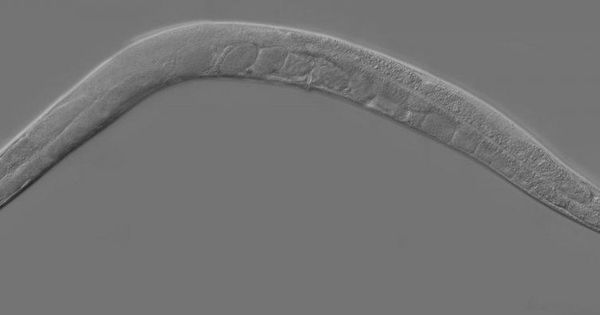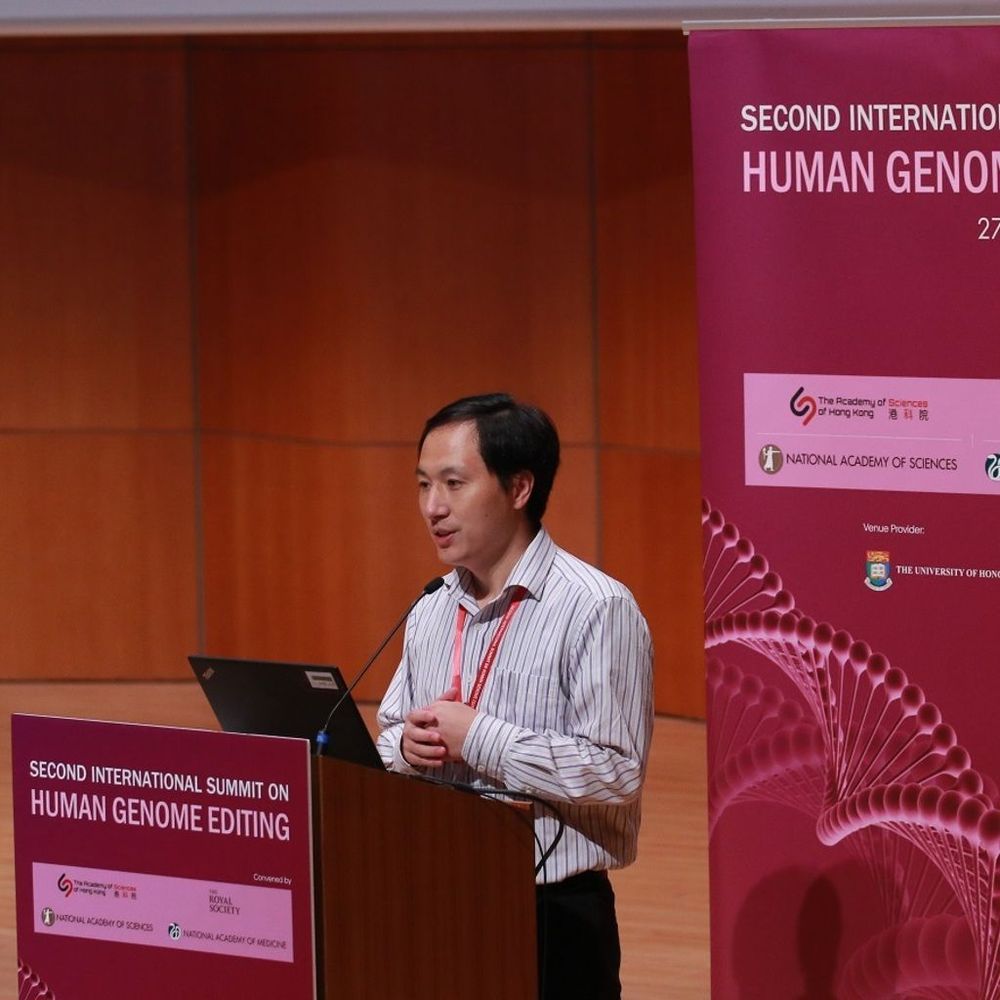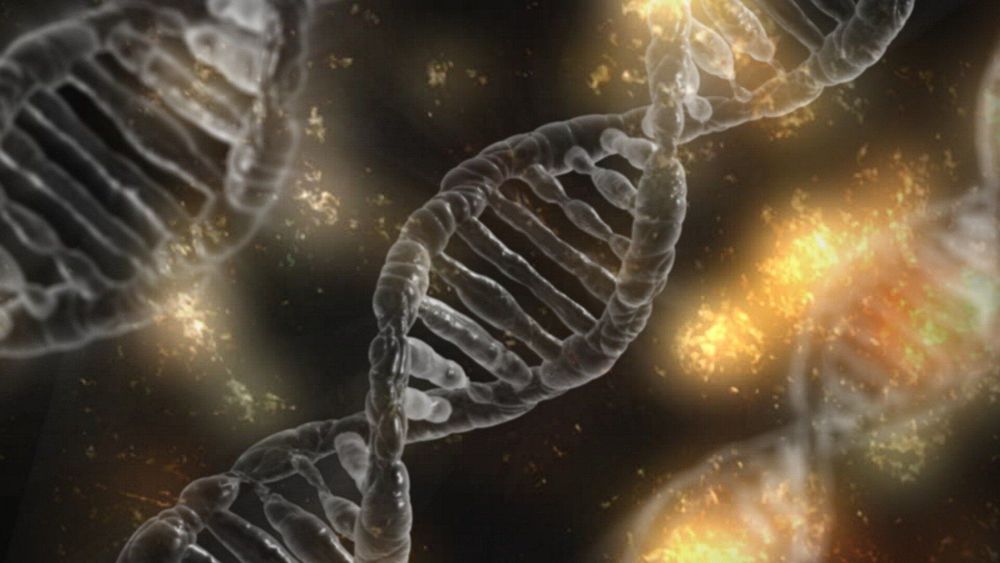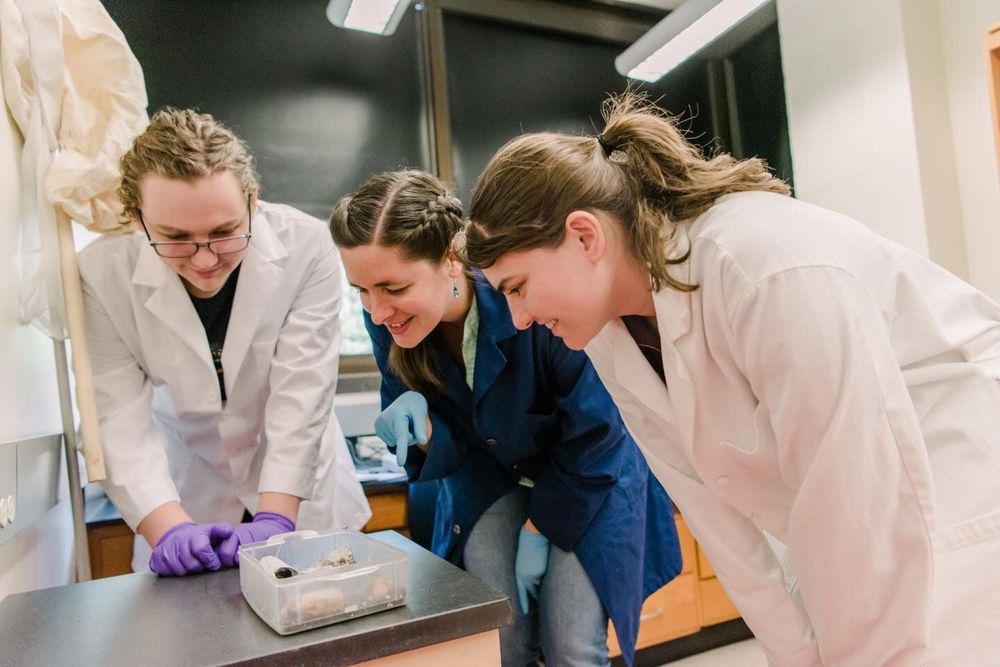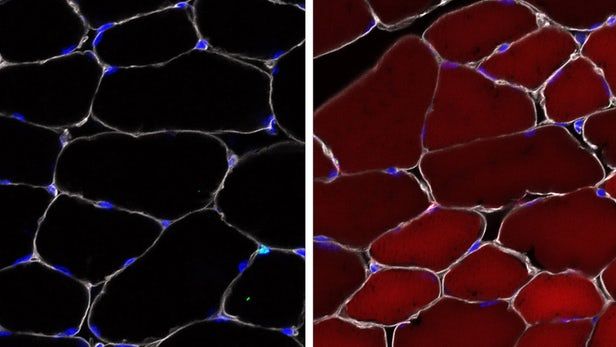A team of researchers affiliated with the Broad Institute of MIT and Harvard, MIT and the National Institutes of Health has found that CRISPR-associated transposons can be used to insert custom genes into DNA without cutting it. In their paper published in the journal Science, the group describes their new gene-editing technique and how well it worked when tested in a bacterial genome.
The CRISPR gene editing technique has made headlines in recent years due to its potential for treating hereditary diseases. Unfortunately, despite much research surrounding the technique, it is still not a viable option for use on human patients. This is because the technique is error-prone—when snipping strands of DNA, CRISPR sometimes cuts off-target DNA as well, leading to unintended and unpredictable consequences (and sometimes cancerous tumors). In this new effort, the researchers have found a way to use CRISPR in conjunction with another protein to edit a strand of DNA without cutting it—they are calling it CRISPR-associated transposase (CAST).
Prior research has shown that certain pieces of DNA called transposons are, for unknown reasons, able to reposition themselves in a genome spontaneously—for this reason, they have come to be known as jumping genes. Not long after they were discovered, researchers noted that they might be used for gene editing. This is what the researchers did in the new study. They associated a transposon called Tn7 with the Cas12 enzyme used with CRISPR to edit a section of a bacterial genome. In practice, CRISPR led the Tn7 transposon to the target location in the genome—at that point, the transposon inserted itself into the genome without cutting it.
Read more
